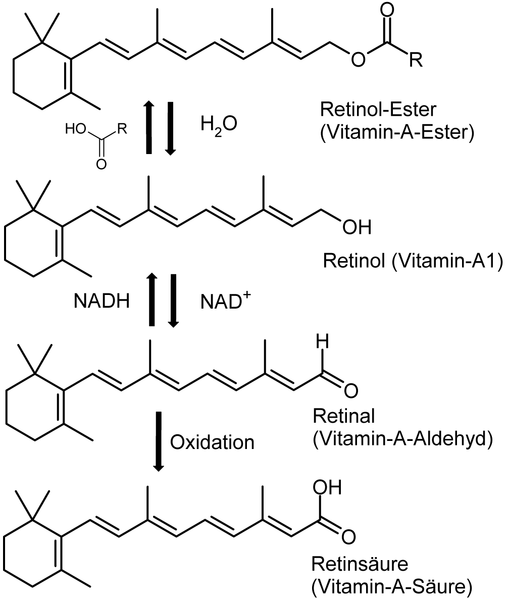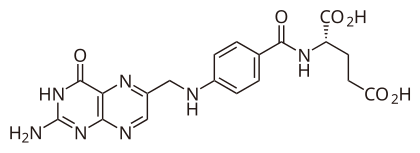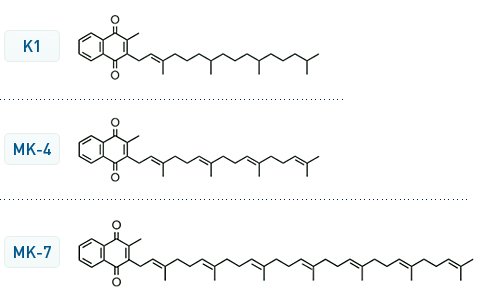This post aims to give an overview of what vitamins the human body utilizes when we (ideally) consume them in the required quantities. And the particular biochemical pathways and organ systems they’re used in. Part 2 will be a similar post focusing on minerals.
An easy way to get started is to view the 5 minute video below, for a simple medical-grade explanation of vitamins and their function in the human body.
Sufficient intake of these useful molecules will keep your body primed to fight off pathogens (I.e bacterial and viral infections…looking at you, coronavirus), and keep your mental and physical well being at a high baseline level.
Let’s start with a list of the basics
Vitamin A : Useful for healthy vision, skin, bones, teeth, and reproduction
Sources: Liver, Eggs, Fish, Milk, Sweet Potato, Pumpkin, Spinach

Vitamin B1 (Thiamin): Used to convert food into energy, and is critical for nervous system function
Sources: Pork, Soy, Watermelon, Tomato, Spinach

Vitamin B2 (Riboflavin): Used to convert food into energy and supports healthy skin, hair, blood, and nervous system
Sources: Dairy, Meat, Green Leafy Vegetables, Enriched Wheat, Oysters

Vitamin B3 (Niacin): Used to convert food into energy and is essential for healthy nervous system
Sources: Beef, Chicken, Shrimp, Avocado, Peanuts, Tomato, Spinach

Vitamin B6 (Pyridoxine): Helps develop red blood cells and improves sleep, appetite, and mood
Sources: Chicken, Tofu, Banana, Watermelon, Fish, Legumes

Vitamin B7 (Biotin): Used to metabolize and utilize amino acids, carbohydrates, and fats into energy molecules
Sources: Whole Grains, Eggs, Almonds, Soybeans, Fish

Vitamin B9 (Folate): Essential for creation of new cells, and DNA + RNA synthesis
Sources: Legumes, Spinach, Leafy Greens, Chickpeas, Tomato, Asparagus

Vitamin B12: Breaks down fatty acids and amino acids, helps in the synthesis of red blood cells, and is very important for normal neural function
Sources: Dairy, Beef, Pork, Poultry, Fish, Eggs

It’s worthwhile to note that all B vitamins have a crucial role in cellular metabolism, and that that low levels of these compounds lead to adverse conditions such as lethargy, acne, anemia, mental weakness, and more.
Vitamin C: Serves as an antioxidant, helps in cellular synthesis, and important in immune system function
Sources: Almost all Fruit and Vegetable Juices, Pepper, Broccoli, Tomato, Spinach

Vitamin D: Strengthens and helps with bone and teeth formation, by helping them absorb calcium. It’s also used in other organ systems (GI/digestive for one), and a key driver of testosterone production in males
Sources: Egg Yolk, Fatty Fish, Liver, Sunlight

Vitamin E: Serves as an antioxidant, and helps to stabilize cell membranes
Sources: Nuts, Avocado, Tofu, Whole Grains, Seeds

Vitamin K: Crucial for blood clotting and regulation of blood calcium levels
Sources: Broccoli, Brussels Sprouts, Liver, Leafy Greens

As noted above (but not only limited to!!), there are a wide variety of vitamins and minerals that the human body requires for optimal function and performance, not just on a daily but lifetime basis. A deficiency or shortage of any of these is going to hinder you from peak performance, and hold you back from living your best life
Sources:
- https://ods.od.nih.gov/factsheets
- https://en.wikipedia.org/wiki/Vitamin
- https://www.youtube.com/watch?v=FmafhSMv0e0 (special thx to McMaster University)
- All skeletal formulas were taken from their respective wikipedia pages
Kindly share this post if you found it useful #healthtrumpswealth #vitamins